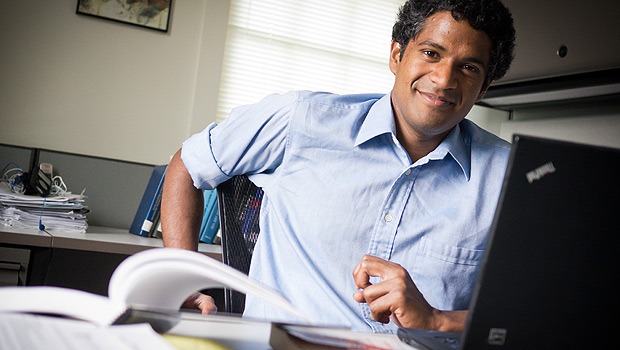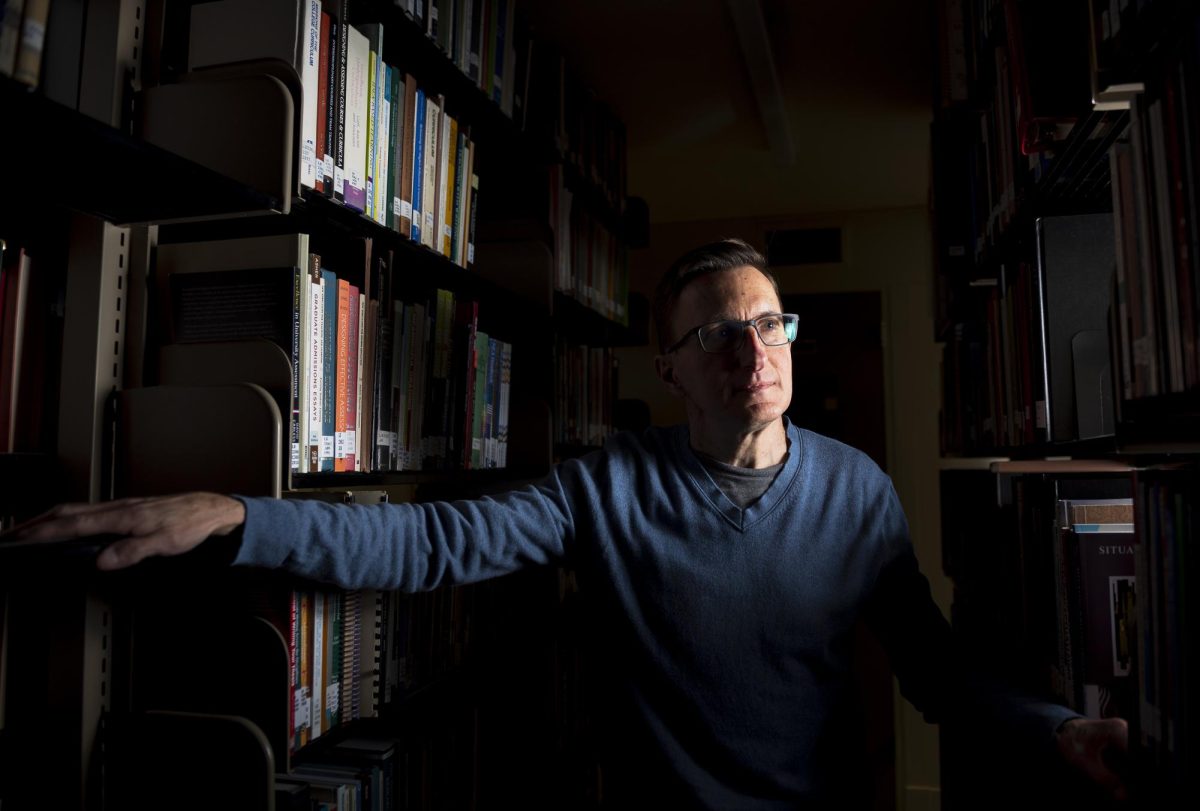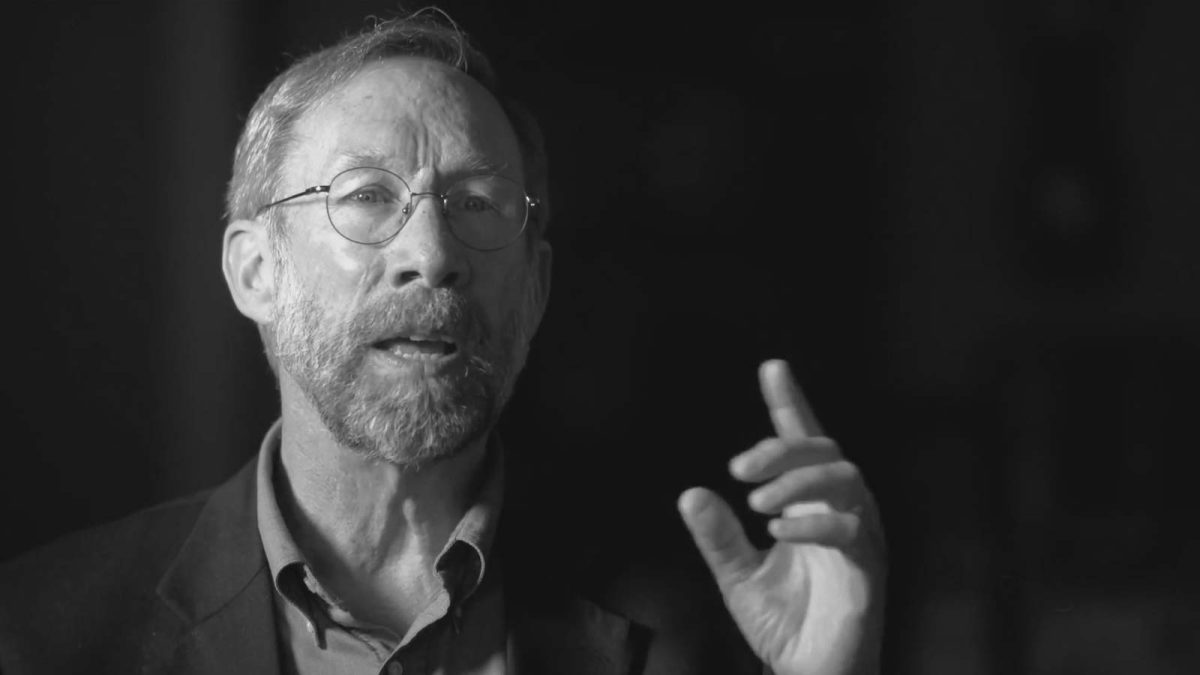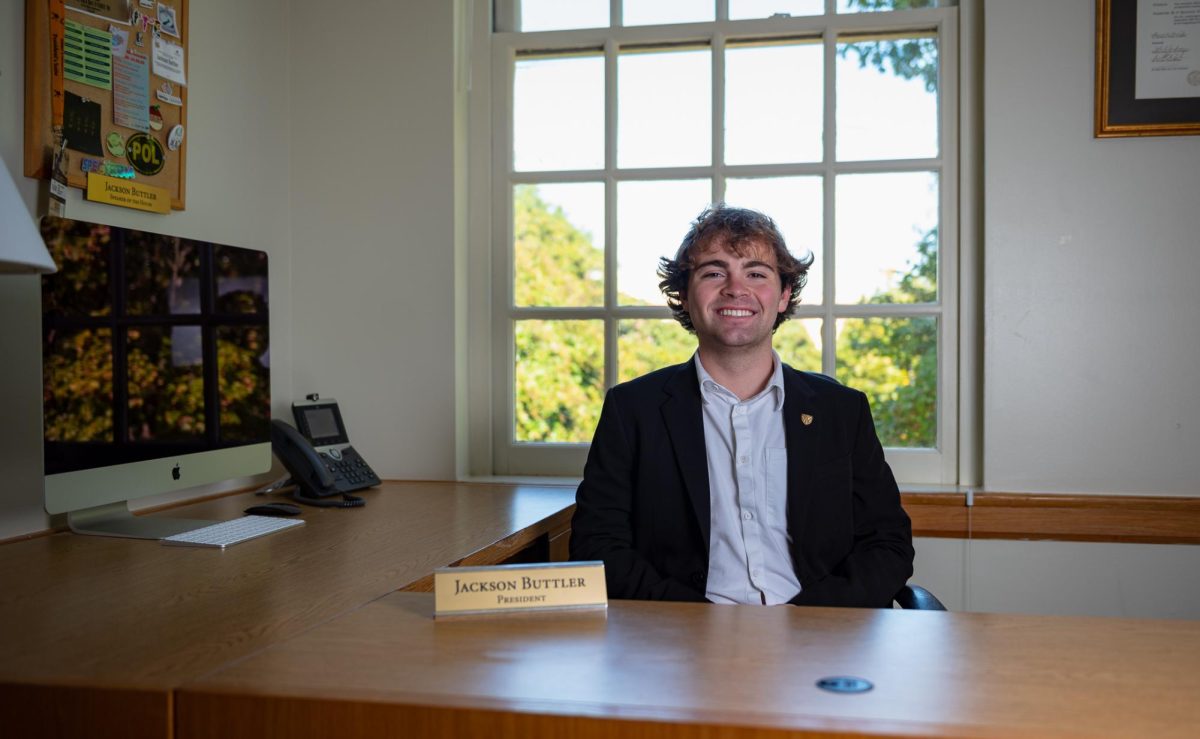What doesn’t kill you makes you stronger. Or, does it?
For the past 10 years, Associate Professor of Psychology Eranda Jayawickreme has studied the question of whether going through adversity can actually result in what those in counseling and clinical psychology call “post-traumatic growth.” What can we learn from those that actually do find a silver lining and grow during times of hardship?
Is there a name for what has happened to the senior class? I would guess it doesn’t level up to the label of trauma.
I wouldn’t call it trauma. What I would say, though, is that it does count as an adverse event, or more specifically, a disappointment.
One thing that’s unique about graduating from college is that it’s one of the few experiences that really counts as a watershed moment in people’s lives, right? People look back on their lives in terms of chapters or in terms of different scenes in a movie. There are all these different times in our lives and this is a moment that’s going to be a very important event that people look back on in their lives — oh, when I graduated college, here’s where I was.
So, it’s a break of the narrative. And I think that’s one of reasons why I think many seniors would find the timing of the pandemic difficult. It really interrupted this expected progression towards this really important event.
Where might the silver lining be in all this?
One thing I think that is helpful and lends the possibility of people finding the silver lining is that people aren’t alone in having this experience. All seniors in all the universities, all colleges, are all having the same experience.
And one thing that’s helpful when you’re going through some type of life challenge is knowing there are other people who have gone through that same challenge with you. It makes you feel less alone. It means that there are other people you can talk to about your experience. This is an experience where all of you are in it together.
How can we grow from these sorts of difficult life events?
It may be helpful to think about approaching the pandemic not so much as this terrible thing that’s happened to us, but also think about this as a challenge that we can rise up to.
How can we help others during this time?
There might be ways that we can think, ‘This is a challenge that’s confronting all of us, all of humanity. How can we take advantage of this challenge to do something, so that later on when we look back on this, we can say that this terrible thing happened to all of us, but we were able to do something for the greater good.’
I like that reframing, because it puts you back in control. Are there other things people can do to help deal with all of this productively?
One thing that is helpful is cultivating gratitude. It’s important to recognize that this threat is real and we’re all impacted by it to some degree, right? But it’s also true that some people are impacted to a much worse degree.
I think similar to the re-framing of this pandemic as a challenge to be met, being grateful – for the people helping us, for what we have, for where we are – helps reframe our attitude towards the pandemic. It also reframes our attitude away from ourselves and our own fears towards people who we should be thankful for. Especially, if there are people that you’re grateful for, telling them that can be really important.
This pandemic makes us turn towards other people. We’re not just individuals on our own islands. We’re all interconnected. We are all impacted by this common threat and we all need to look out for each other.
What would you say to seniors who aren’t feeling especially grateful?
That’s totally okay. This thing came out of nowhere. It is unlike anything that they’ve experienced, and many people have experienced. It’s fine to be anxious. It’s fine to be sad. It’s fine to have whatever feelings you have.
To the extent to which students can think about specific actions, specific domains of their life over which they can exert their control, I think is a good thing. As I mentioned earlier, re-framing your mindset, focusing on expressing gratitude towards others — those are ways that you can kind of turn your attention away from how you are feeling towards things you can do for other people.
Any final thoughts?
It’s a great thing to live. It’s great that many of us have the lives that we have. I think it’s worth keeping in mind that the totality of our lives isn’t just feeling good or feeling really positive, right? It’s always dealing with adversity.
I think there’s some truth to the fact that by confronting challenges, we learn something important about ourselves.
There’s so much uncertainty, but in the midst of this, this is an opportunity for self-knowledge. As you confront the challenge, thinking about what this tells us about our own selves, about what we can do — that’s an opportunity for learning that I hope many of us will take.
Editor’s Note: The following interview has been edited for clarity and brevity.














钻网 • Apr 30, 2020 at 5:18 am
春暖花开,下次再来!